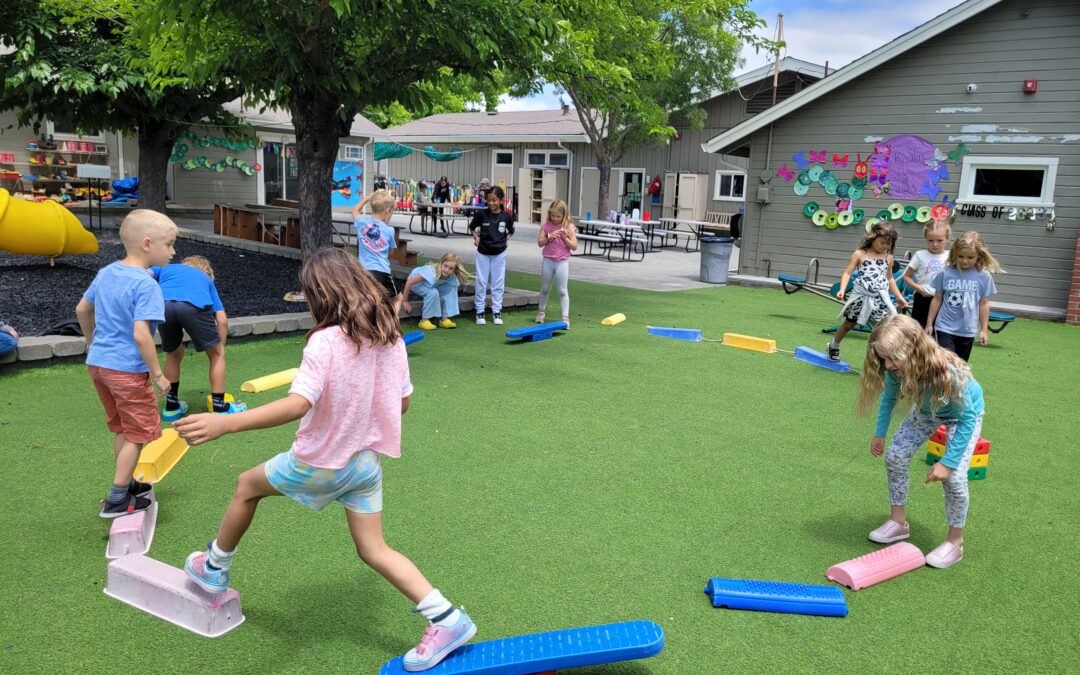In a digital age where screens often dominate children’s attention, the significance of outdoor play and nature-based learning cannot be overstated. Nature provides a unique classroom, allowing children to explore, learn, and grow, all while developing a profound connection to the world around them. In this blog post, we will explore the crucial role of outdoor play and nature-based learning in children’s development and well-being, as well as provide insights on how parents and educators can incorporate these experiences into a child’s life. We are so fortunate here in Pleasant Hill, California, to have a cornucopia of family-friendly nature activities nearby!
- Physical and Mental Health: Outdoor play promotes physical activity, mental well-being, and reduced stress and anxiety. Exposure to sunlight encourages vitamin D synthesis, essential for bone development and overall health.
- Environmental Stewardship: Experiencing the beauty of nature instills a sense of responsibility and stewardship in children, making them more environmentally conscious citizens.

- Science and Exploration: Nature is a treasure trove of scientific discovery. Children can observe wildlife, plants, and natural phenomena up close, fostering curiosity and learning about ecosystems, weather, and life’s interconnectedness. The Chabot Science Center, for example, is just minutes from Pleasant Hill, California.
- Creativity and Imagination: Nature offers a canvas for creativity and imaginative play, promoting problem-solving and innovation.
- Critical Thinking: Outdoor experiences challenge children to think critically, assess risks, make decisions, and adapt to changing situations, helping them develop essential life skills.
Outdoor play and nature-based learning are essential for a child’s holistic development. We use them throughout our Pleasant Hill preschool programs. By providing opportunities for physical activity, mental well-being, and educational exploration, we enable children to thrive and become environmentally conscious, creative, and critical thinkers. As parents and educators, it’s our responsibility to ensure that children have access to the natural classroom, where the lessons learned can last a lifetime and contribute to a more sustainable and harmonious future.
